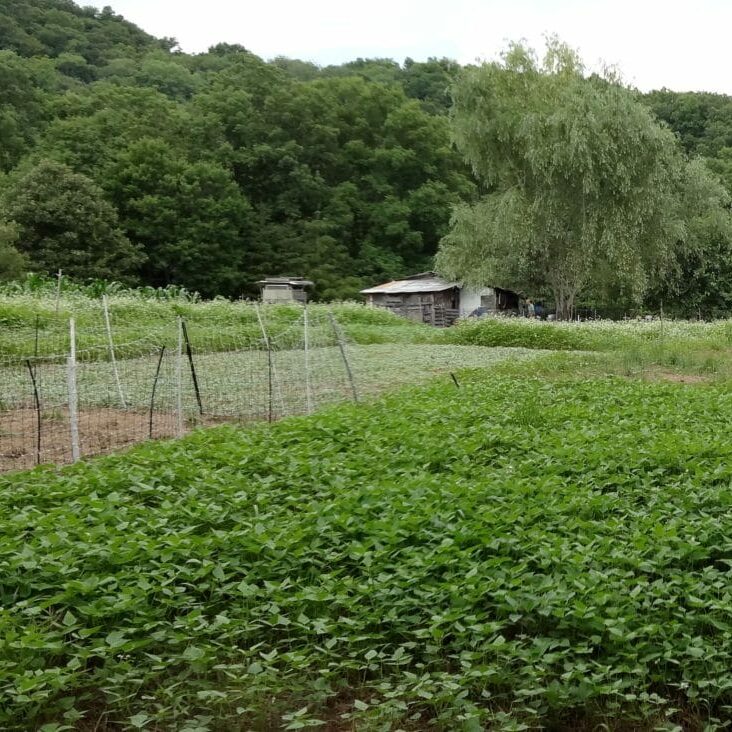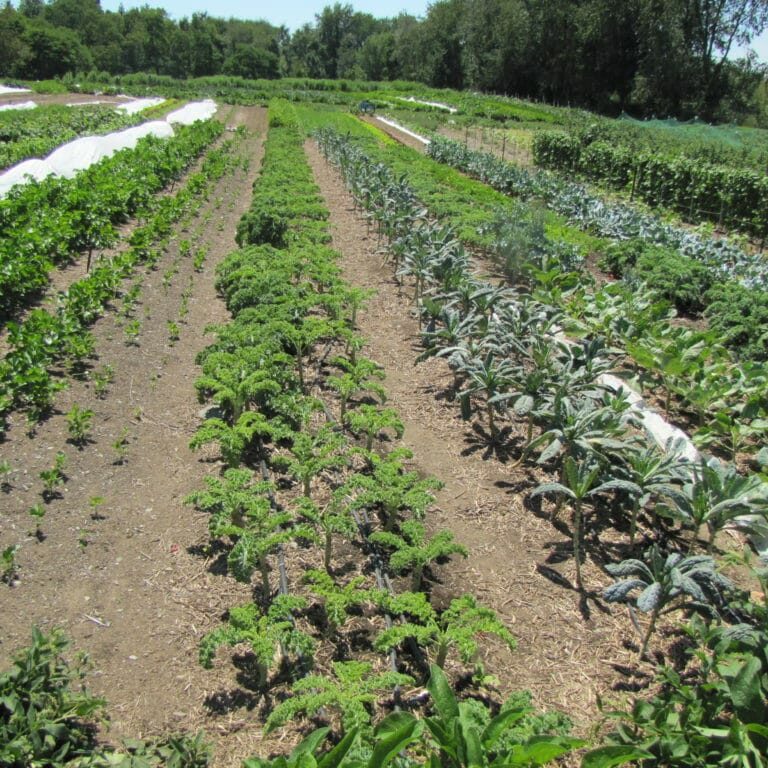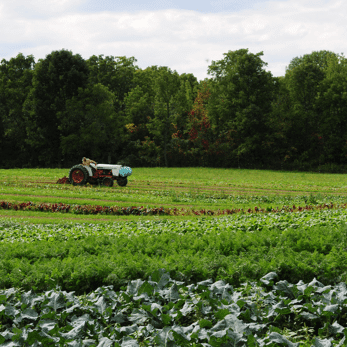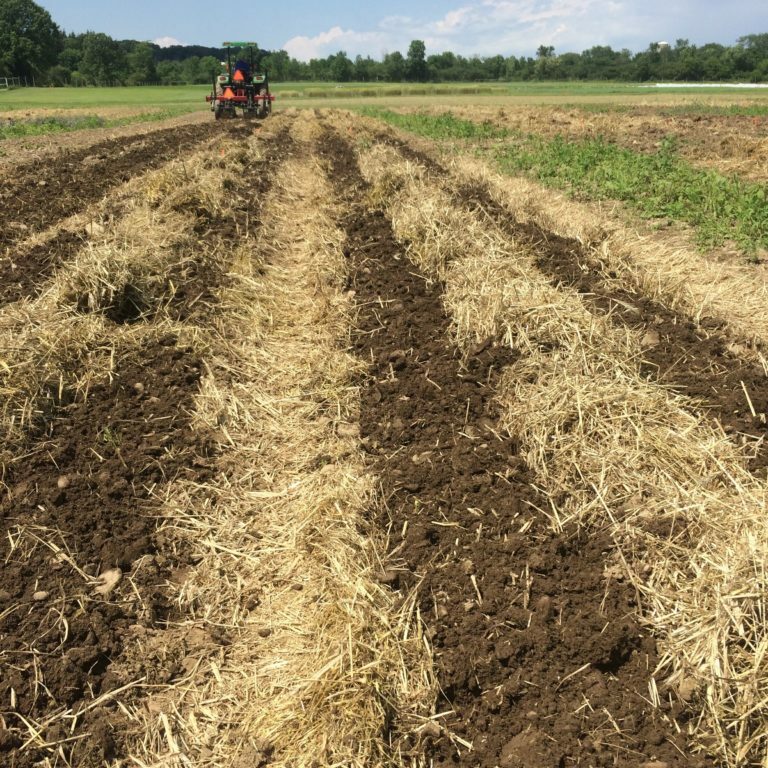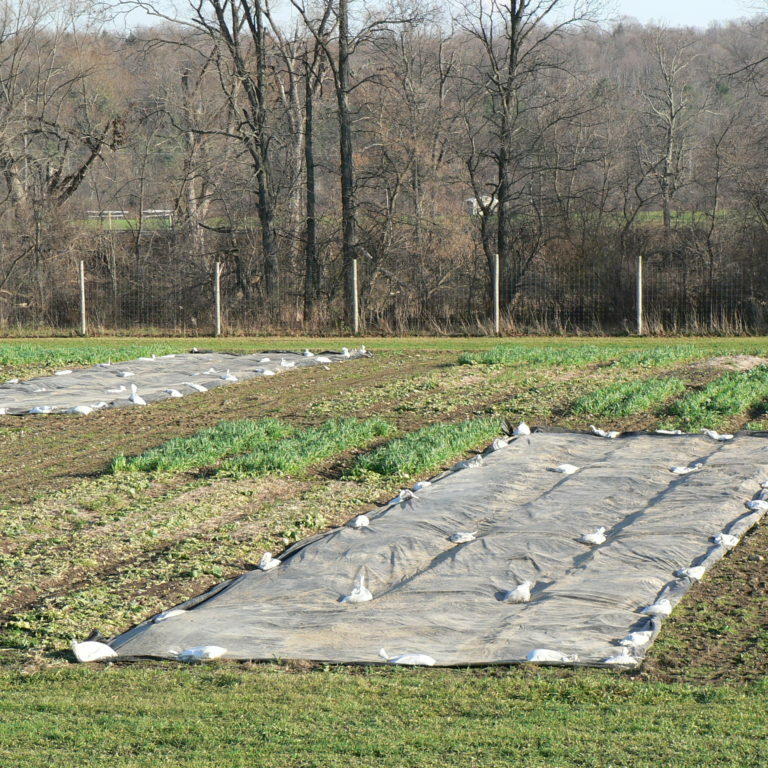Project Lead: Anu Rangarajan
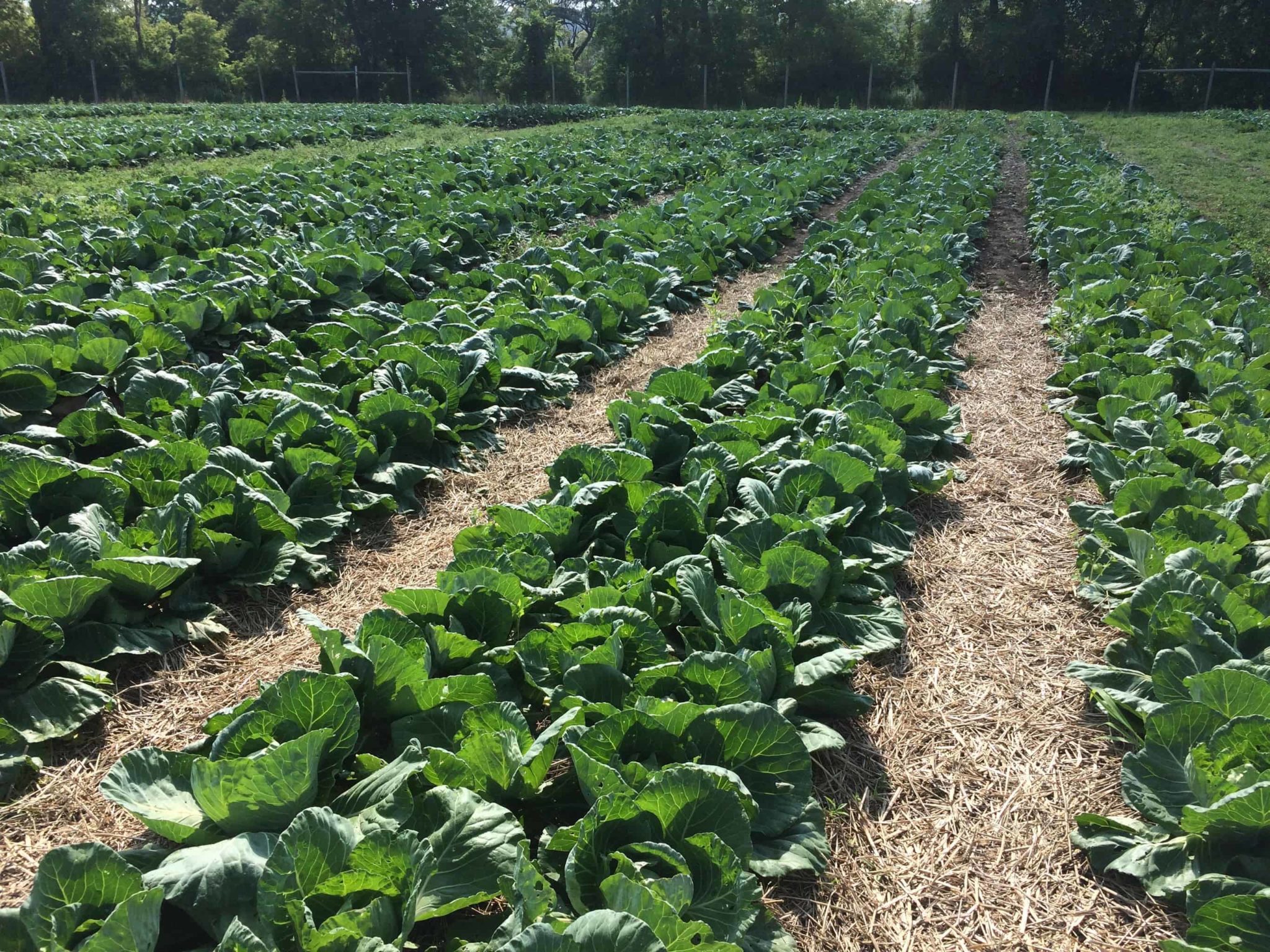
Tillage can be a valuable management tool on a vegetable farm but intensive and repeated tillage is hard on soils. We support small to mid-scale vegetable farmers, many using organic practices, in adopting reduced tillage practices on their farm. These practices can take many different forms. Our goal is to integrate reduced tillage with other soil building practices, to foster the growth and viability of vegetable farming in New York and the Northeast.
We work across different tools and practices, fit to the the scale and resources of the farm, and are learning from many innovative farmers leading the way. We conduct applied research to trial new and emerging practices to understand the science behind them while sharing practical lessons learned to support farmers in fitting them into their own operations. We partner with farmers in experimenting on their farm and offer workshops and other training opportunities for farmers to share their methods and ideas with one another. Explore this website to learn more about our research, events, and resources.
Project Resources
News and Updates
The Empire State Producers EXPO has announced plans for a virtual conference with educational sessions offered from February 21 to March 11, 2022. The in-person event, initially scheduled for January…
Read MoreThe Cornell Small Farms Program continues to document our on-farm trials on tarping practices for organic vegetables. What’s happening under tarps? How are weeds and soils changing? How do they…
Read MoreTarps are clearly a multifunctional tool for small farmers and are being sized, sourced, and applied to fit the farm. How much can we ask of tarps, how are they…
Read MoreAbout Reduced Tillage in Vegetables
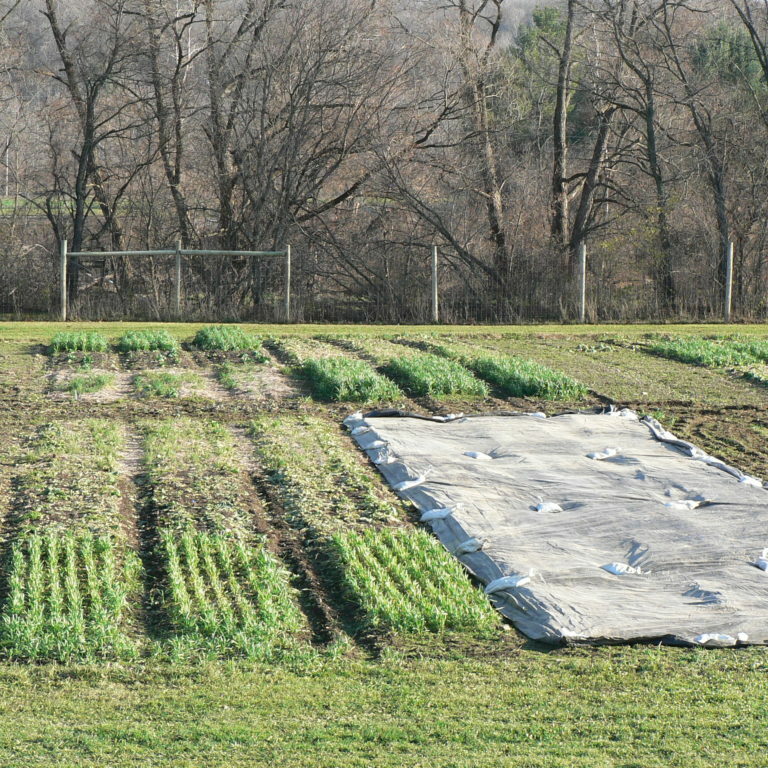
Reduced tillage practices minimize soil disturbance with targeted and appropriate tillage based on farm goals. Reduced tillage means less intensity, shallower depth, and less area disturbed, either in the bed, field or across the farm. It can mean less frequent tillage and lead to successful adoption of no-till practices.
Practices take many forms. They may be system-wide, applied across the whole farm, or only fit in a part of the rotation for specific crops. They often maintain the benefits of some tillage for managing weeds, making a better seed bed for crop establishment, or incorporating residues. How they take shape on a farm can depend on farm size and soil characteristics, access to equipment or materials, farm skill sets, and labor availability.
Project Partners
We collaborate with other researchers at Cornell, extension educators within Cornell Cooperative Extension, and other organizations and universities across the Northeast.




About Anu Rangarajan

Anu was appointed director the Cornell Small Farms Program in 2004. At the same time, she opened a U-pick strawberry farm in Freeville, NY. The experience of operating a small farm changed her entire approach to research and extension, and deepened her commitment to NY farms and local food systems.
Read Articles by Anu Rangarajan
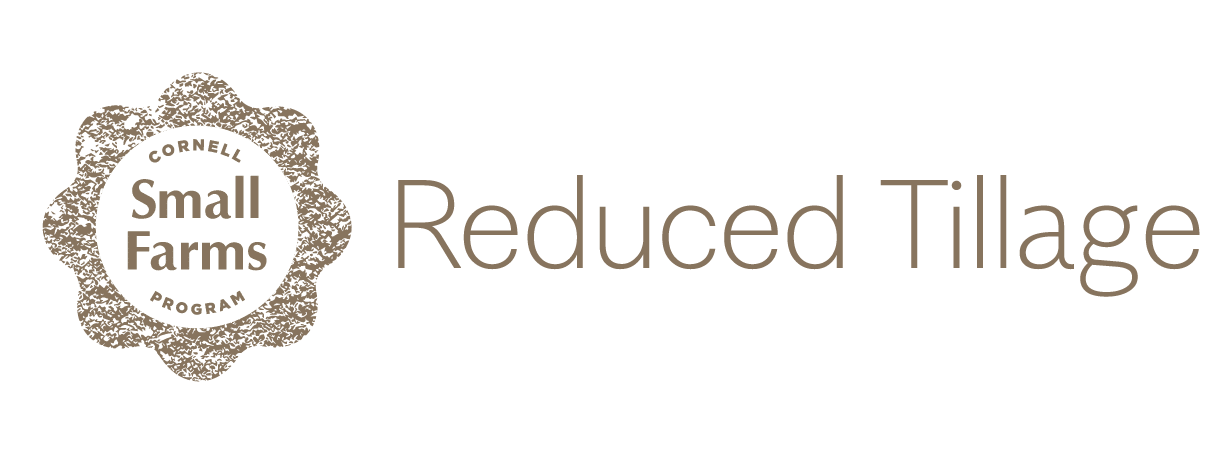
Reduced Tillage - Subscribe for Updates and Opportunities
Subscribe to get the latest updates and information on strategies to reduce tillage on your farm. You'll be first to hear about webinars, field days, and online courses that will connect you with other growers and our research results as we look to find ways to be successful in building soils on your farm.


